Media and communication represent a big part of the fashion industry. Journalism, Marketing, Advertising and Copywriting. But what exactly is the difference?
The stunning Vanessa Miranda, a freelance Copywriter who worked at Farfetch, Net-a-Porter and Selfridges among others, shares her career experience with us from her studies at the London College of Fashion, to how she turned her first job from remote to move to the company’s office , and she explains what the job of a Copywriter consists of.
Welcome Vanessa. Thanks for being here with us. May you briefly introduce yourself to the Glam Observer Community?
Hello everyone. My name is Vanessa and I’m 32 years old, from Lisbon.
Moved to London almost three years ago, leaving behind a job as a fashion content writer in Oporto to pursue my dream of living and working in this amazing city. I’ve been writing for magazines since I’m eighteen and worked in a lot of different areas, such as PR, Journalism and Content Creation, mostly related to fashion and lifestyle.
You studied at London College of Fashion. A University, everyone who has a passion for fashion knows. Would you share your experience and opinions on your degree with us?
At London College of Fashion I did a Postgraduation Course in Fashion and Lifestyle Journalism. I already had experience from internships and work placements in Lisbon (PR, journalism and blogging), so this academic level was the most suited for me and the course really helped me consolidate all my knowledge and expertise. I had an amazing six months in London, met like-minded people and industry professionals, but you have to put in the work effort, otherwise, it’s not worth it. The course only takes you so far and I explored as much as I could during this period to understand exactly what I wanted from my career (and life!).
Do you think it is necessary to study something related to fashion, if you pursue a career in the fashion business?
Yes, I’m quite admin at this point. Just because you like shopping or to read about catwalks and clothes that doesn’t necessarily means you’re an expert. There is knowledge that you can’t acquire any other way or access to professionals and tools that are facilitated and this all comes from attending courses and skill classes. I’ve started by studying social media and journalism and eventually did a fashion course to learn from the people who know best. Whatever the subject within this area (journalism, marketing, business, PR) the more you study the better and this involves doing a lot of self-work as well.
When I started my blog in 2009 (non-existent anymore, btw) I remember all the blogs that came after and all the people requesting to attend Press Days and Fashion events just because they had a good following from posting outfits. To me they’re still different areas, a blogger or influencer is not necessarily a fashion expert per se. And your expertise is what marks the differences between a career and a hobby.
What were the most positive aspects of your time at LCF?
Meeting like-minded and fashion-oriented people and being able to exchange knowledge and experiences. Two of my best friends in London are colleagues from this course, so I’ve made friendships for a lifetime. I’ve had amazing opportunities of talking and developing projects that taught me a lot about my goals, myself and help shaped my professional direction.
How did you find your first copywriter position after Uni?
My first copywriting job was for Farfetch. I worked as a freelancer from home for about a year and got promoted to permanent, moving to work in the company’s office in Oporto. I was there for about seven months when I decided to come to London. I can’t exactly remember if I applied online or got a call from a recruiter. I was actively looking for a new position and explored all the ways I could network and get my work visible.
What tasks and duties does the job of a Copywriter include?
Both jobs, for Farfetch and Selfridges, were as a Product Copywriter which is different from an agency copywriter. My job is to write product descriptions across a variety of fields (fashion, beauty, home, accessories, tech, etc) for a company’s website. You have to be able to adapt your tone of voice across different platforms and brands, have amazing knowledge about designers, labels and products (and not just fashion related) and, goes without saying, you have to write well.
What makes the written work of a copywriter different from common magazine articles?
Writing for magazines is something I still love and enjoy, but I could say the same about any type of writing. Each has its own challenges: in a magazine, you are able to expand and go into detail, as opposed to doing a succinct product description that has to captivate someones attention right away. Sometimes I get excited about a specific brand or item and end up writing more than space allows for, so I have to go back to tweak it and think about what really matters about that specific product or label, what the customer needs to know in order to make a conscious buy.
In a magazine, you can develop ideas a bit more, play with words, be more poetic if you like, but both require you to know your subject very well to make the most out of those lines you have.
I find it quite challenging to write in so many different outlets and be able to improve every day, coming up with puns, funny ideas or ways to convey a message that isn’t cliche and boring. Every product description has to immediately spark and grab your attention and every interview and editorial have to pass on a message – why this person? or why exploring this idea?
How did you manage to get the position at Selfridges? Do you think your LCF degree plays an influential and important role when it comes to job applications?
I applied online via an ad and from there I went on to different interview stages and a final test. I believe that my background was crucial when considering me for the role, alongside my knowledge of brands/products and ability to write in a playful, yet informative way which is the company’s TOV.
Of course, having studied at LCF played an important role on my CV, but I would say that most important of all is the work I’ve done across my career, having such a varied portfolio, a strong industry mastery and good writing skills – and that comes from practice and reading, a lot.
What do you appreciate the most about your job niche?
The variety and creativity that goes with it. At the moment I write across many edits, so I may be describing a dress that has everything to do with the western SS19 trend and next I’m writing about a Scandinavian piece of furniture or about an exquisite candle. It’s not all fun, all the time, but that also depends on your style of writing – how can you make a plate or an ice cube tray sound interesting? How can you differentiate these dad sneakers from all the others on the website? How can I make the reader feel the emotion and history of this dress/collection in a few direct words? Every day is challenging in its own way and the creative process never stops.
Last words and advice for the Glam Observer community?
I describe myself with three C’s: caring, creative and curious and these are the qualities I consider most important when it comes to writing. Caring for the words you write, as the written word is quite a powerful thing; creative about the process from beginning to end; curious about the world around you and anything or anyone that captures your attention. Read a lot, whatever you can get your hand on (even the bad books will make you understand what’s bad writing), write a lot! – notes, postcards, on your blog, freelance, long features and short snappy tags, write for yourself, for others, for publishing and just to practice. And absorb the world around you, inspiration can really come from any place. Ah and always, always carry a notebook and a pen with you to write down all those unexpected great ideas.
Interview by Lilly Meuser
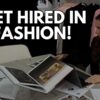
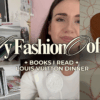

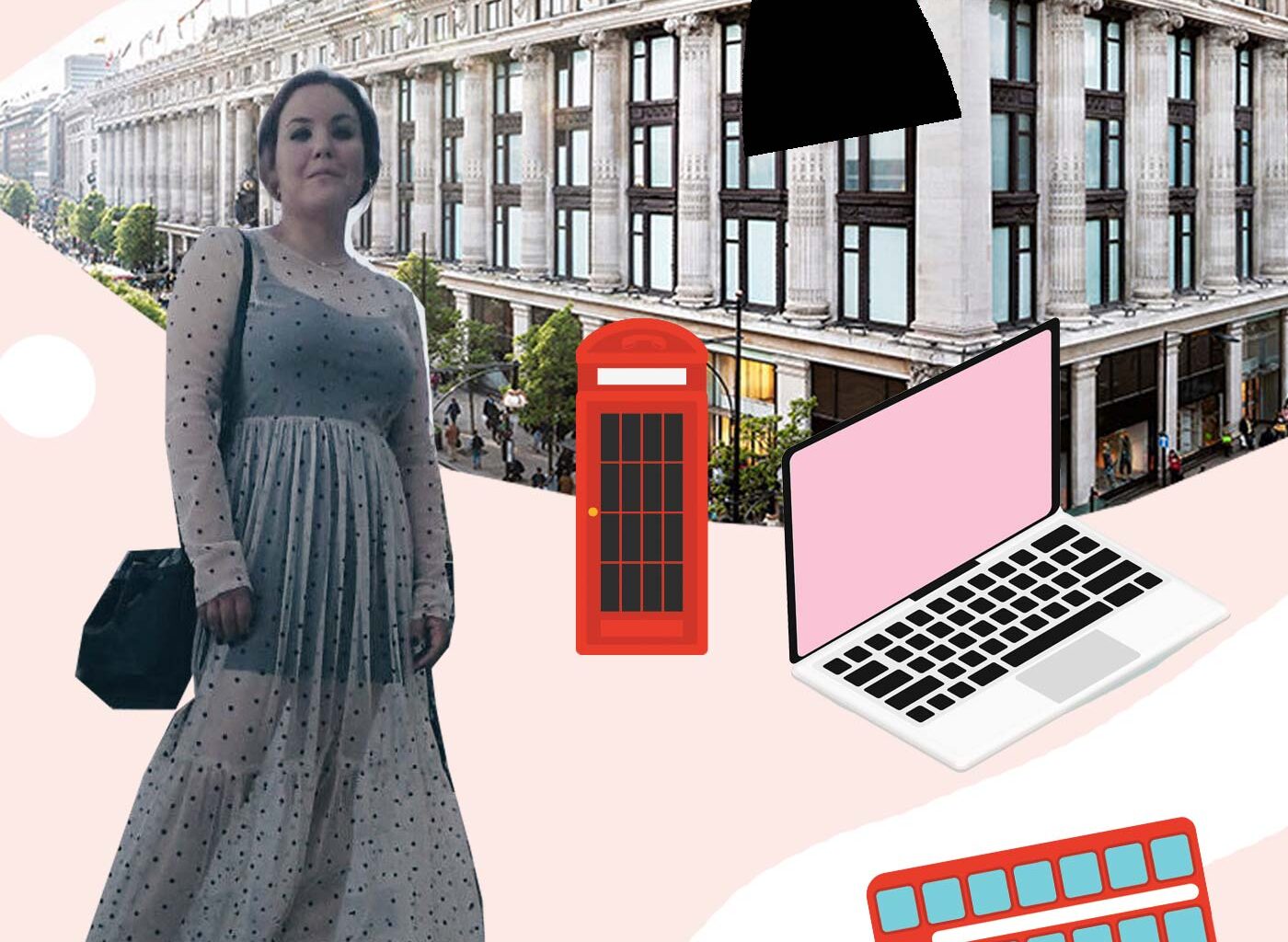
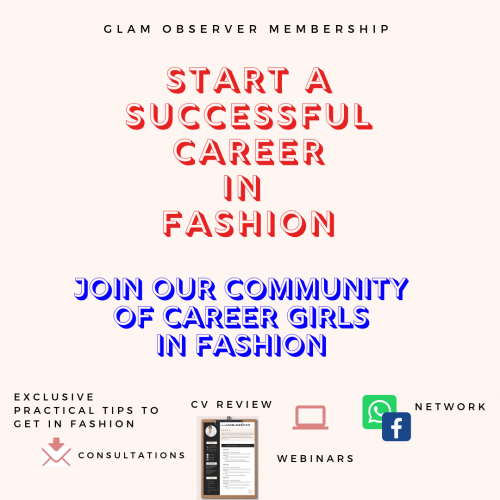
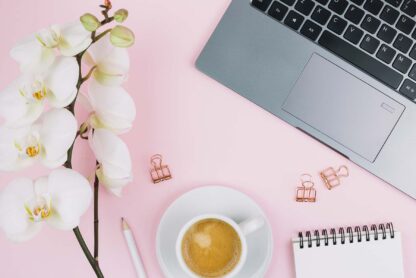
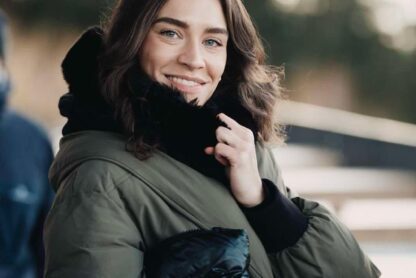
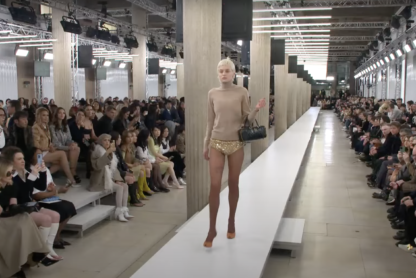
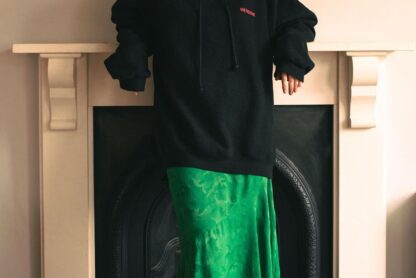
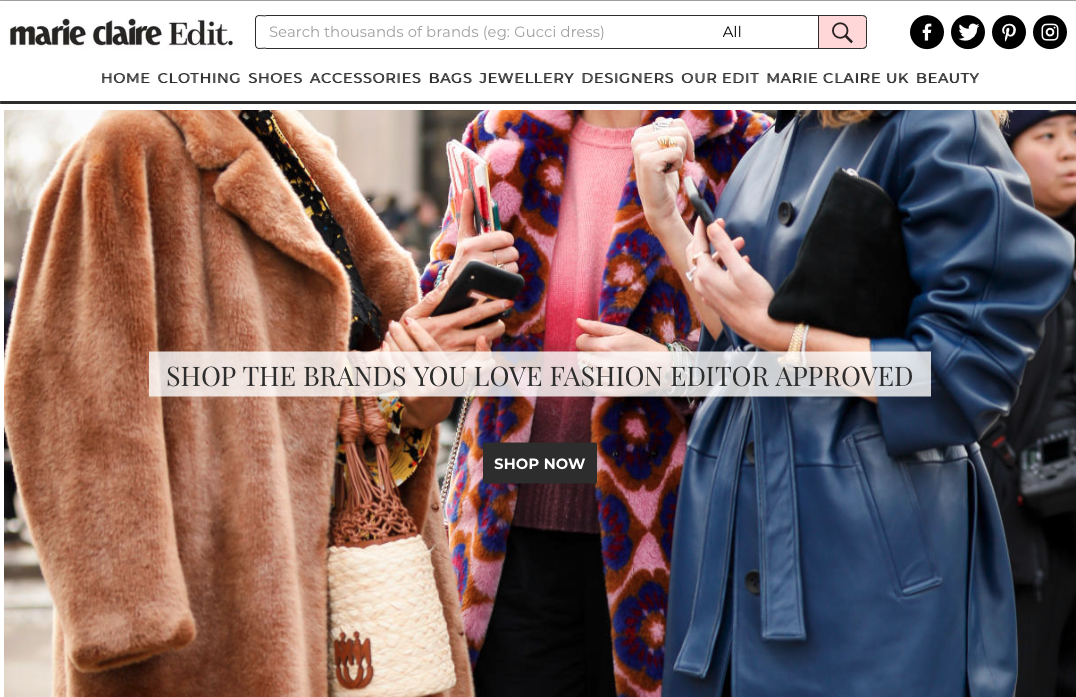
“This was such an insightful read! I appreciate you sharing your journey to becoming a freelance copywriter at Selfridges. The part about networking and pitching was especially helpful. As someone aspiring to grow in content writing, I found this resource Ace Web Academy helpful for honing writing skills. Any tips for beginners looking to break into fashion copywriting?”